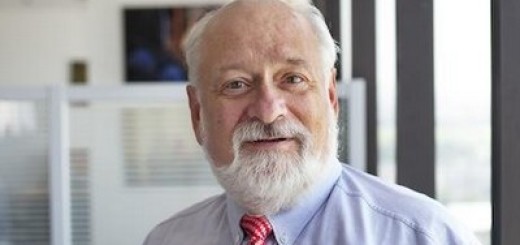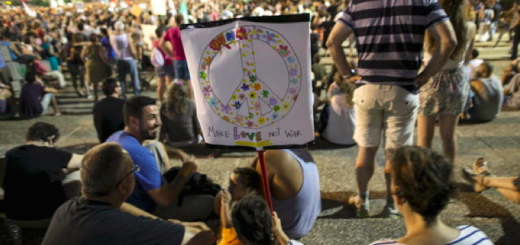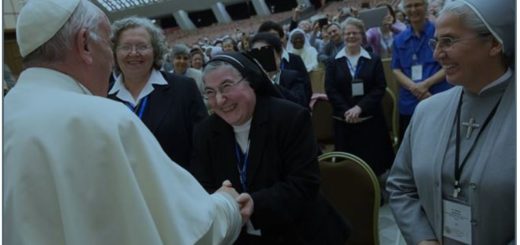Second Nepoleon or Repeat of French revolution? Macron Beats Le Pen in France
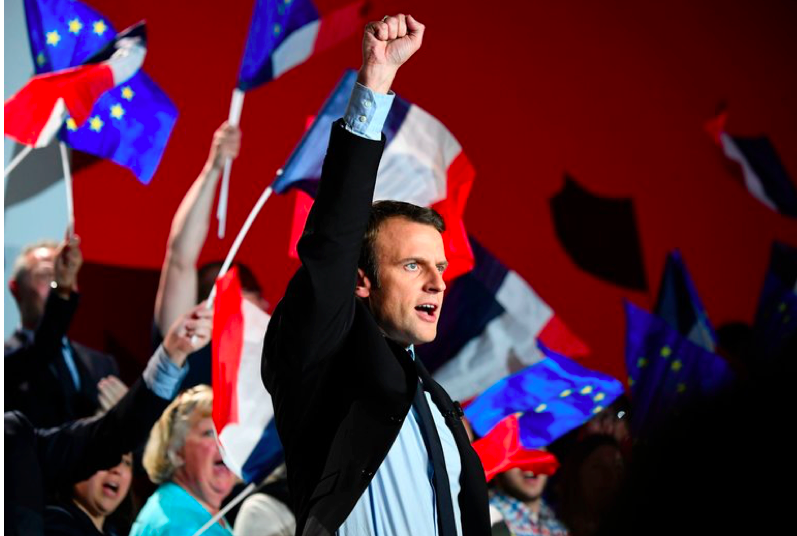
dr. james kottoor
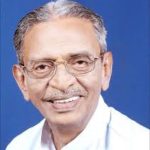 “Landmark win”, “fierce challenge from the far-right” are the phrases used to describe Macron’s resounding victory. Forecasters had already pointed out, it was going to be a cake-walk for him.
“Landmark win”, “fierce challenge from the far-right” are the phrases used to describe Macron’s resounding victory. Forecasters had already pointed out, it was going to be a cake-walk for him.
What is more, what was pointed out as a blemish to poke fun at him – a 16-year old’s decision to marry a 40-year old mother of three – is now pointed out as a feather on his Character to stay firm on any considered decision he takes. Recall the comment in our last post from UK’s Tablet: a “contest – between a woman who killed her father and a man who has married his mother”.
Being the youngest person to become the leader of France, he was also called the ‘second Napoleon’. Will this second Napoleon lead France nicknamed once as the ‘First exemplary daughter of the Catholic Church’ to a second Waterlool? ‘God forbid!’ we pray. Instead we hope he will arrest in the track, the senseless fast sprint of ‘populism’ and ‘Alt-truth’ led by Brexit and triumph of Trump in US. ‘Truth is mighty and will triumph’ (should triumph) in God’s own good time. james kottoor, editor, ccv.
Please read below editorial in the Hindu today
Emmanuel Macron wins
French presidential election
In The Hindu, May 8, 2017
The victory caps an extraordinary rise for the 39-year-old former investment banker, who will become the country's youngest-ever leader.
Pro-European centrist Emmanuel Macron resoundingly won France's landmark presidential election, first estimates showed on Sunday, heading off a fierce challenge from the far-right in a pivotal vote for the future of the divided country and Europe.
The victory caps an extraordinary rise for the 39-year-old former investment banker, who will become the country's youngest-ever leader.He has promised to heal a fractured and demoralised country after a vicious campaign that has exposed deep economic and social divisions, as well as tensions around identity and immigration.
Initial estimates showed Macron winning between 65.5 per cent and 66.1 per cent of ballots ahead of Le Pen on between 33.9 per cent and 34.5 per cent.Unknown three years ago, Macron is now poised to become one of Europe's most powerful leaders, bringing with him a hugely ambitious agenda of political and economic reform for France and the European Union.
The result will resonate worldwide and particularly in Brussels and Berlin where leaders will breathe a sigh of relief that Le Pen's anti-EU, anti-globalisation programme has been defeated.After Britain's vote last year to leave the EU and Donald Trump's victory in the U.S., the French election had been widely watched as a test of how high a tide of right-wing nationalism would rise.
Le Pen, 48, had portrayed the ballot as a contest between Macron and the "globalists" — in favour of open trade, immigration and shared sovereignty — and her "patriotic" vision of strong borders and national identities.Outgoing President Francois Hollande, who plucked Macron from obscurity to name him minister in 2014, said voting "is always an important, significant act, heavy with consequences" as he cast his vote.
Who is Emmanuel Macron ?
March of a French liberal?
His decision to enter politics through a new movement came at a pivotal moment in recent French political history.
In 2002, Emmanuel Macron, who was working at the French diplomatic mission in Lagos, Nigeria, saw on television the political rise and fall of Jean Marie Le Pen, leader of the far-right National Front. In that year’s presidential election, Mr. Le Pen shocked France by winning the first round. It was “a defining political moment of my generation,” Mr. Macron said later.
Large sections of the French electorate, across the political barriers, rallied behind the incumbent, Jacques Chirac, in the election to give a crushing defeat to Mr. Le Pen. Interestingly, 15 years later, when another far-right leader, Mr. Le Pen’s daughter Marine Le Pen, has reached the presidential run-off, it’s upon Mr. Macron to stop her in her tracks. In Sunday’s election, one of the two will be picked by the French to become the next ‘republican monarch.’
Why did he enter politics?
Mr. Macron’s rise from a civil servant-turned-Rothschild investment banker to a popular presidential candidate in one of the most crucial elections in France’s recent history was rather phenomenal. He never stood for any election. Barring a brief period when he was a member of the Socialist Party, Mr. Macron did not have any association with France’s political parties.
Till three years ago, when he was appointed Economy Minister by President Francois Hollande, he was hardly known beyond his close circles. But now, millions of French voters believe Mr. Macron could stop France sliding into the hands of the far-right. Most leading politicians of the country, including Mr. Hollande, have thrown their weight behind him. Opinion polls indicate Mr. Macron has a 20-point lead over Ms. Le Pen.
Close friends and aides say Mr. Macron is very particular about the choices he makes and then sticks to them even in face of difficulties — a trait that may have helped him in his short, but momentous, political journey. The best example of his famed resolve is his marriage itself. At 16, he began a relationship with his 40-year-old teacher while studying drama in Amiens. His parents sent him to Paris for higher studies. But he came back, years later, and married Brigitte Trogneux. Mr. Macron showed the same resolve when he quit Mr. Hollande’s government and founded a new movement, En Marche! (Move on), in April 2016.
What is his agenda?
He describes the party as “neither left nor right.” If someone asks about his past association with the Socialist Party, Mr. Macron would emphatically say, “I am not a socialist.” He favours liberal economic reforms, including cutting public expenditure and amending the country’s labour code, which liberal economists say is an impediment to growth. On foreign policy, he’s as much an establishmentarian as the outgoing president. He supports a strong European Union, unlike his rival who wants a Britain-like referendum in France to determine the country’s future ties with the EU. He also wants closer ties with the U.S. and is sceptical of Vladimir Putin’s Russia. On social issues, Mr. Macron is a steadfast liberal.
Will ‘outsider’ tag help?
His decision to enter politics through a new movement came at a pivotal moment in recent French political history. The Socialist President is highly unpopular. After three major terror attacks over the past two years, a sense of insecurity was gripping France. The far-right elements, such as the National Front, were actively trying to cash in on this insecurity, through an anti-establishment and anti-immigration narrative. The Brexit vote as well as the U.S. presidential election has bolstered the far-right momentum in France, leaving the liberals looking for a convincing candidate in the elections.
If Mr. Macron, 39, manages to keep the momentum, he will become the youngest President in France’s history and the first outside the traditional left-right camps in the history of the Fifth Republic.

